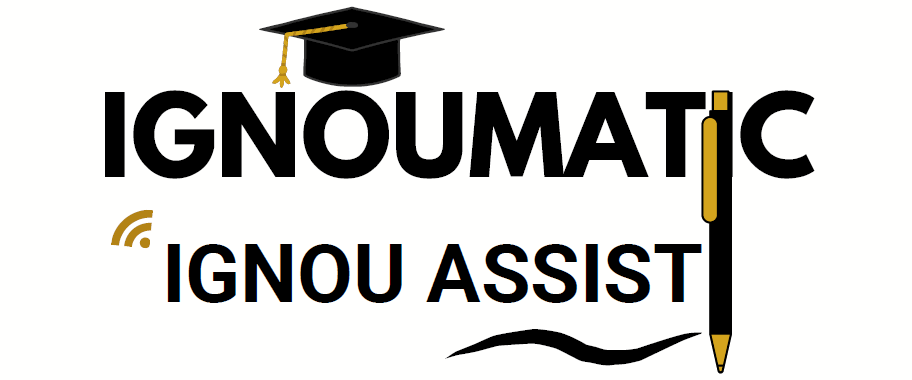Regional cooperation refers to the collaborative efforts among countries within a specific geographical area to achieve common political, economic, and social goals. For India, regional cooperation is a vital component of its foreign policy and is driven by the belief that regional peace and prosperity are essential for national growth and international stability. India’s Commitment…
Month: May 2025
What are the benefits of India’s relations with Africa?
India’s relationship with Africa has grown significantly over the past two decades, owing to both historical ties and the evolving geopolitical and economic landscape. With Africa being one of the fastest-growing regions in the world, India has increasingly recognized the strategic importance of fostering deeper diplomatic, economic, and cultural relations with the continent. India’s engagement…
Explain India’s economic and trade relations with Latin America.
India’s economic and trade relations with Latin America have evolved considerably over the past few decades. Historically, India’s engagement with Latin American countries was limited due to geographical distance, the Cold War alignment, and the focus of India’s foreign policy on its immediate neighbors and traditional partners. However, with the opening of the Indian economy…
Explain India’s foreign policy towards China.
India’s foreign policy towards China is one of the most complex and nuanced aspects of Indian diplomacy. The relationship between these two Asian giants has evolved over the decades, influenced by historical experiences, strategic interests, economic ties, and security concerns. India and China share a long and varied history, characterized by periods of cooperation and…
Describe the role of the PMO in implementing India’s foreign policy.
The Prime Minister’s Office (PMO) is an essential institution in the Indian governance system, particularly in the context of formulating and implementing foreign policy. Under the leadership of the Prime Minister, the PMO plays a pivotal role in shaping India’s diplomatic outreach, securing strategic partnerships, and managing international relations. The PMO’s influence is not just…
How does India visualize the changing world order?
India’s view of the changing world order has evolved significantly over the decades. As a rising power, India sees itself as an important actor in shaping the future global structure, especially in the context of multipolarity, the rise of the Indo-Pacific, and challenges arising from economic, security, and technological transformations. India’s approach to the changing…
Explain the Environment vs. Development Debate
Understanding the Debate: The environment versus development debate is one of the central dilemmas in modern public policy and global discourse. It revolves around the challenge of achieving economic development, especially in the Global South, without causing irreparable damage to the environment. The core question is: how can nations pursue industrial growth, infrastructure expansion, and…
What is Humanitarian Intervention? Illustrate with Suitable Examples
Definition and Conceptual Basis: Humanitarian intervention refers to the use of military or non-military force by a state or a group of states within the territory of another sovereign state, without the consent of its government, with the primary aim of preventing or stopping widespread human suffering, especially in the case of gross human rights…
Discuss India’s relations with South-East Asia.
India’s engagement with South-East Asia has evolved significantly over the past few decades, transitioning from limited interactions to a comprehensive strategic partnership. This transformation is primarily driven by the “Act East Policy,” which aims to enhance economic, political, and cultural ties with the region.(Wikipedia) 5.1 Historical Context India’s historical connections with South-East Asia date back…
What is the role of social movements, NGOs, and think tanks in making Indian Foreign Policy?
The making of Indian foreign policy has traditionally been the domain of the government and the Ministry of External Affairs (MEA). However, in recent decades, social movements, NGOs, and think tanks have increasingly played important roles in shaping and influencing India’s foreign policy. 3.1 Social Movements: Social movements in India, such as those advocating for…
Describe the objectives of Indian Foreign Policy.
India’s foreign policy is based on a set of clear and consistent objectives aimed at safeguarding its national interests, promoting regional stability, and enhancing its global stature. Since its independence in 1947, India has pursued an independent and non-aligned foreign policy, focusing on peace, development, and the welfare of its people. The primary objectives of…
Media and Foreign Policy
The media plays a crucial role in shaping the public discourse, informing citizens, and influencing government policies. In the context of foreign policy, the media acts as both a facilitator and a challenge, influencing public perception, framing international issues, and acting as an intermediary between the government and the public. The media’s influence on foreign…
